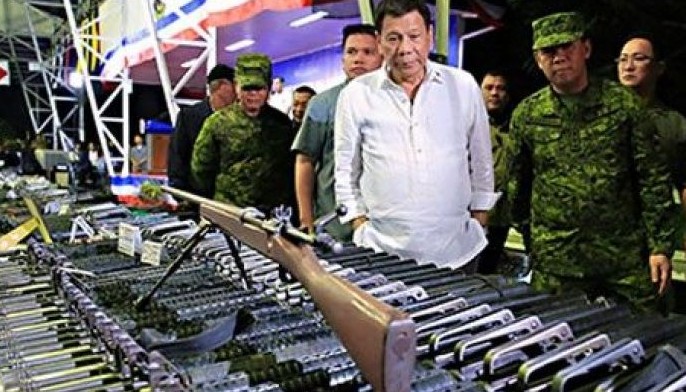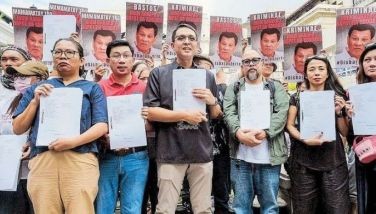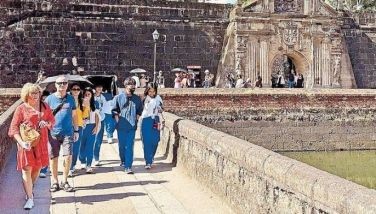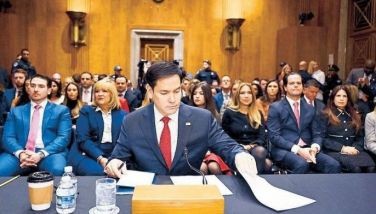Duterte forms National Amnesty Commission for rebel returnees
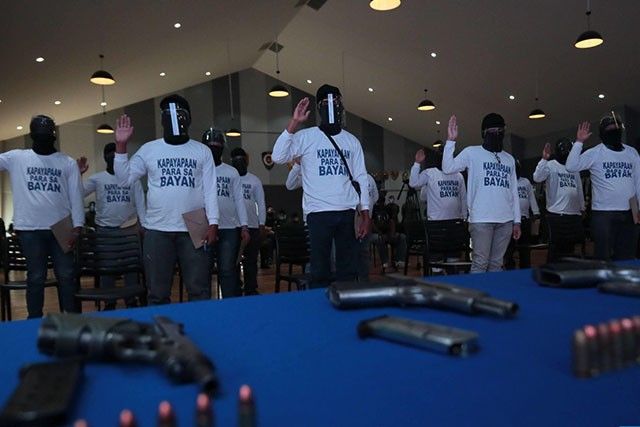
MANILA, Philippines — President Rodrigo Duterte has formed a body that would process applications for amnesty, a move meant to persuade members of rebel groups to live peaceful lives, Malacañang said Monday.
Presidential spokesman Harry Roque said Duterte has signed an executive order creating the National Amnesty Commission to be composed of seven members from different agencies.
The president will appoint the commission's chairperson and two regular members while the justice, defense, and interior secretaries and the presidential peace adviser will serve as its ex-officio members. The Office of the Presidential Adviser on Peace, Reconciliation and Unity will act as the secretariat po ng commission.
"This is part of the efforts toward peace, where we offer the hand of peace to some groups so they can go back to normal and peaceful lives," Roque said at a press briefing.
FROM INTERAKSYON: Are they really ex-rebels? Photos of masked former NPA surrenderees spark suspicion online
A copy of the executive order has not been released to the media.
While the government has ended peace talks with communist rebels and has declared the Communist Party of the Philippines and New People's Army as terrorrist groups, it has also pursued "localized" peace talks in trying to get rebels to surrender.
Military area commands regularly report the surrender of alleged former rebels, although the CPP says these are staged.
Members of the Moro National Liberation Front led by Nur Misuari are also facing charges over the 2013 siege of Zamboanga City. Misuari himself is facing charges over the attack.
Roque said the primary task of the commission is to accept and process applications for amnesty and to determine whether the applicant is qualified to receive it based on recent amnesty proclamations that are awaiting the concurrence of Congress.
Article VII, Section 19 of the 1987 Constitution states that the president has the power to grant amnesty with the concurrence of a majority of all the members of the Congress.
"While probation and parole only erase punishments, in amnesty, as if the things committed by some groups, usually a crime that becomes a crime of rebellion, is also erased. That's why the concurrence of Congress," Roque said.
While president, Benigno Aquino III granted amnesty to members of the Magdalo group for taking part in mutinies against the administration of President Gloria Macapagal-Arroyo.
Among those who availed of amnesty, granted by proclamation in 2010, was Antonio Trillanes IV, who was then a senator. His amnesty has been voided by the Duterte administration, which says documents to support his application for amnesty are missing.
READ: Gov't looks beyond proclamation to justify voiding Trillanes amnesty
- Latest
- Trending






